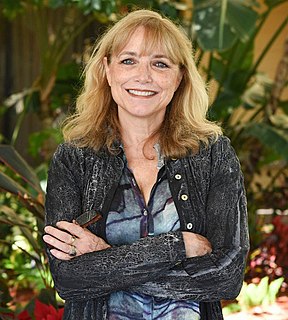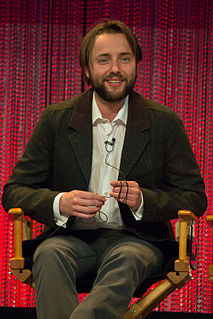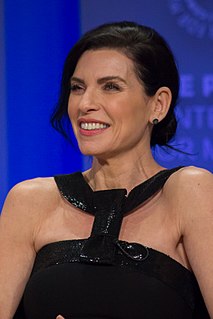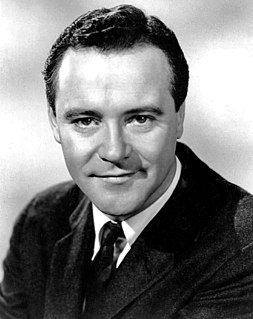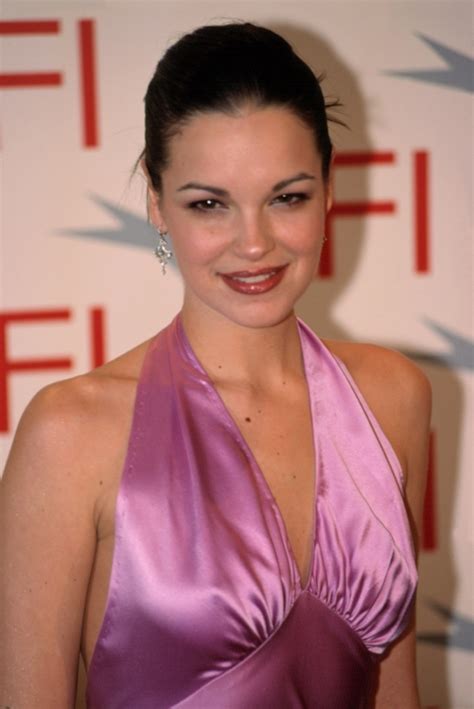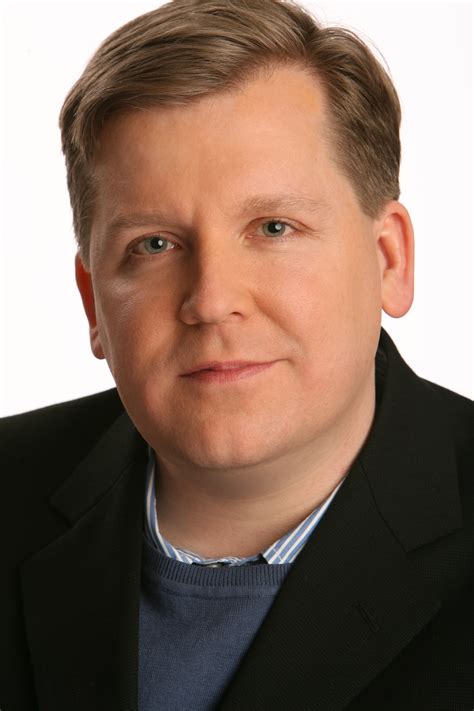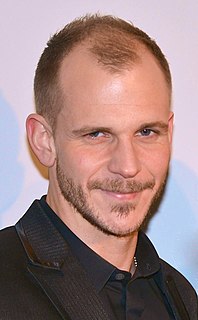A Quote by Karen Allen
In the theater, actors are the essential element of the work. In a film, it's a real collaboration - not that theater isn't, because it is - but it's a collaboration to such an extent that you can give a performance in film that sometimes you look at and you go, "Well, that's not the performance I was trying to give at all."
Related Quotes
I would make a huge distinction between theater improvisation and film improvisation. There isn't much improvisation in film - there's virtually none. The people that theoretically could be good at this in a theater situation don't necessarily do this in a film in a way that will work, because it's much broader on a stage. But in a movie, it has to be real, and the characters have to look entirely real because it's being done as a faux documentary, so there are even fewer actors that can do that on film.
I've worked with actors before where I was like, this is not working, and then I've seen their work on the screen and I've been like, Wow, that was a really great performance. Because there are a lot of elements with film. It's not like stage. It's not a kind of performance art anymore; it's a highly tuned kind of collaboration - a symphony.
I've always loved film more than theater, and film may be more closely related to making a record because you have that ability to go in and do your work and have no judgment around it, and feel honest. Then, much later, it's presented to people. But in theater, people come backstage after a performance and you're about to do the same play again the next night, and people say, "Well, I didn't really believe that emotion" or whatever. It's really hard for me, I like to be closed up and just do the work.
I think film is a world of directors. Theater is a world of actors. Or, theater is for actors as cinema is for directors. I started in theater. Filming is as complete as directing film. In theater, you are there, you have a character, you have a play, you have a light, you have a set, you have an audience, and you're in control, and every night is different depending on you and the relationship with the other actors. It's as simple as that. So, you are given all the tools.
I'm one of those pathetic actors who will say yes to every play reading just because I do miss the stage so much. What I really miss about the theater is that in the end, it's yours to give. In television and film, it's yours to do and someone else's to take and someone else's to give. As much as I love television - the biggest luxury of all is to know that you have a job to go to - I do miss that connection and having that power over my own performance on stage.
When I was younger, I definitely thought musical theater was sort of more pure than film. I used to say I'd never go to film because we had to get it right the first time in musical theater. But then, of course, I started doing film and realized I loved it. Keep in mind that I was 8 years old when I said that.
